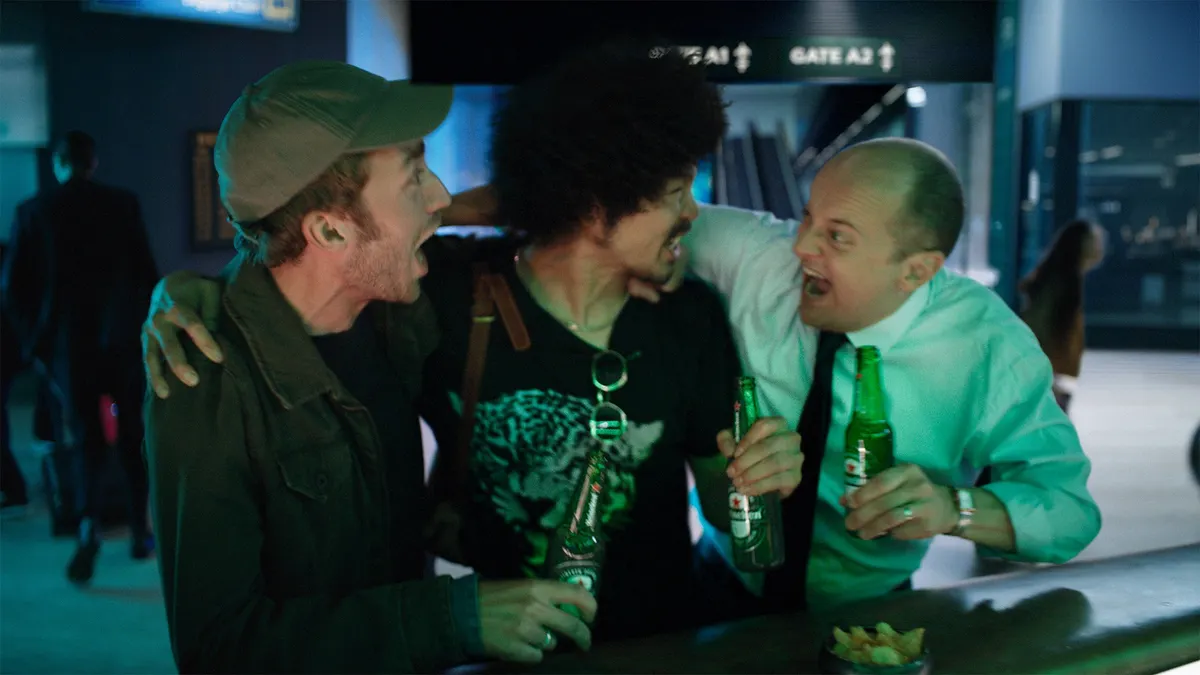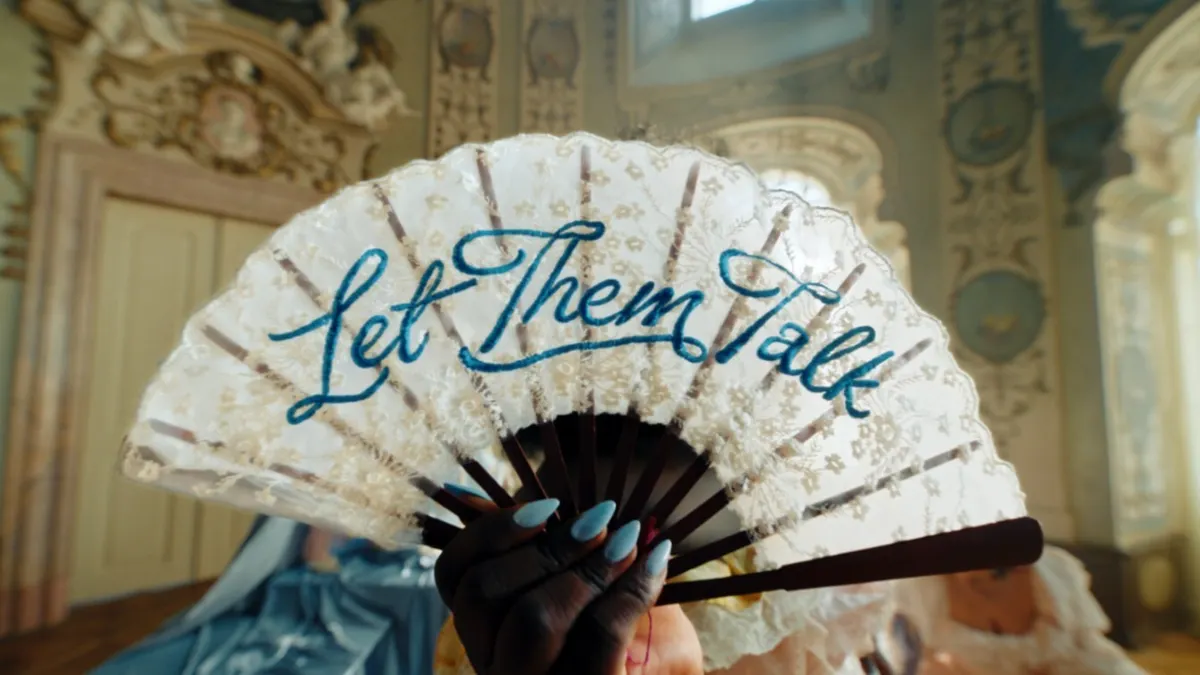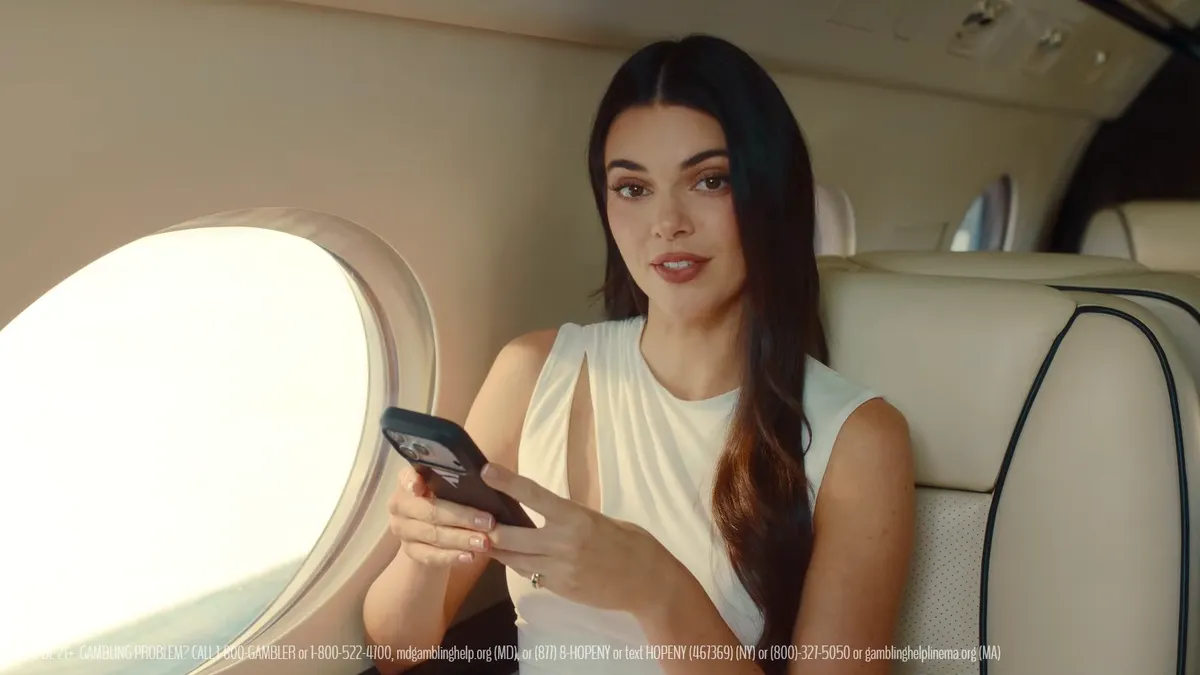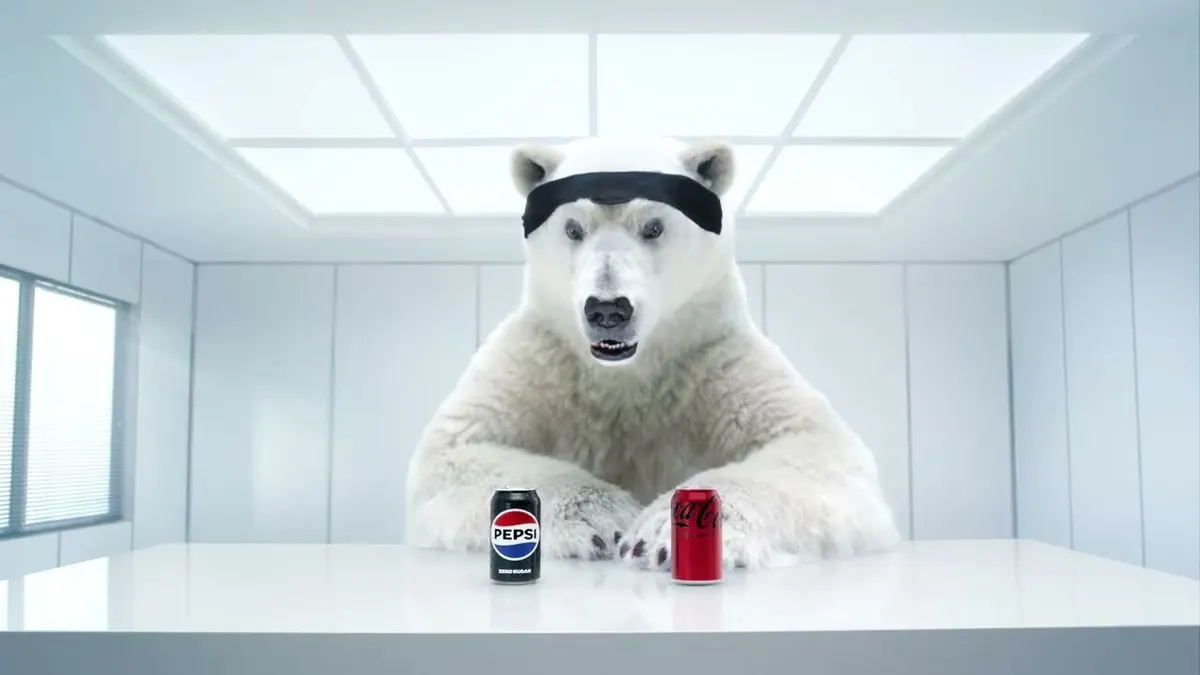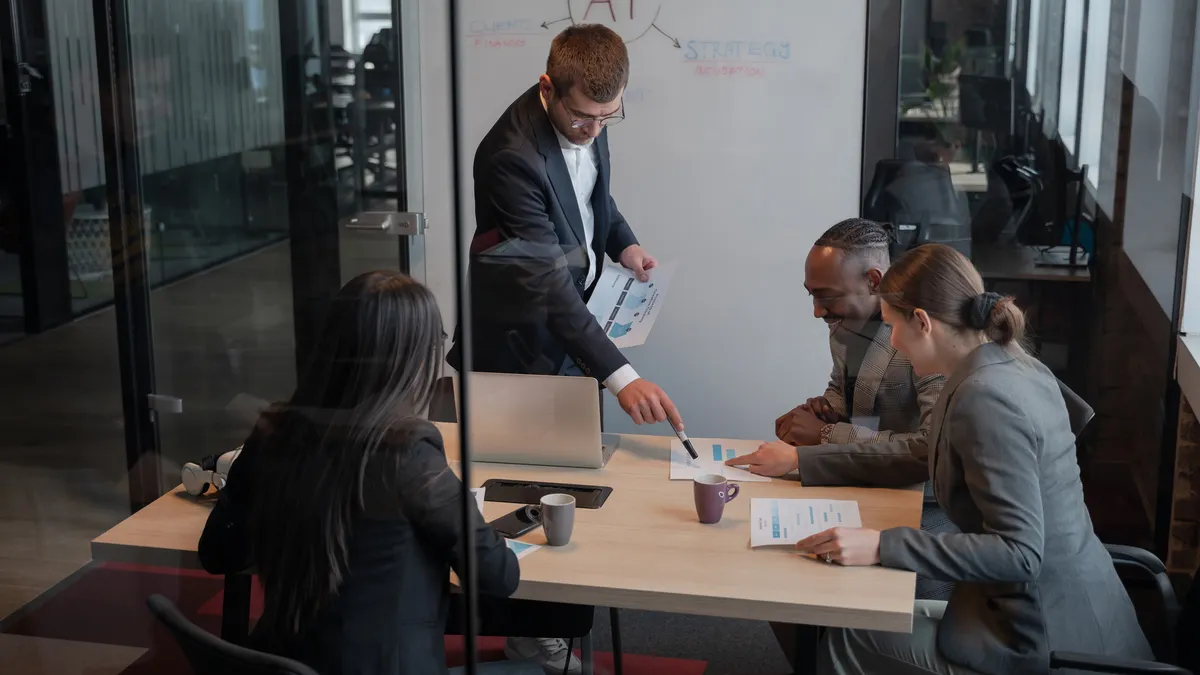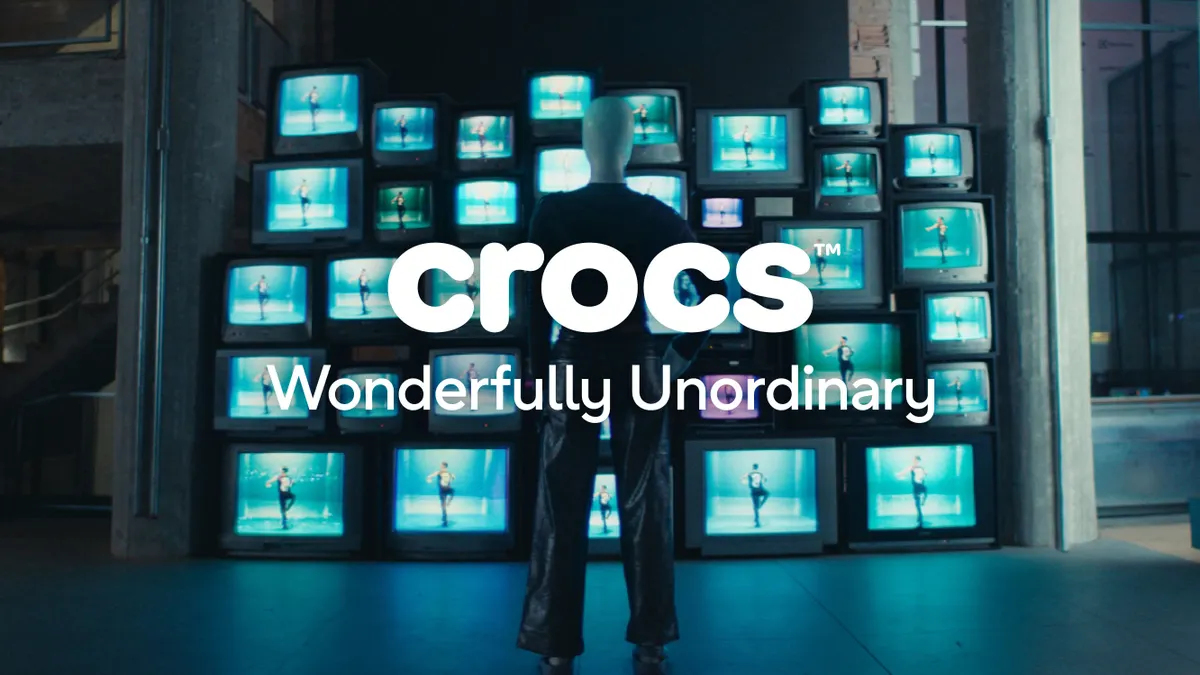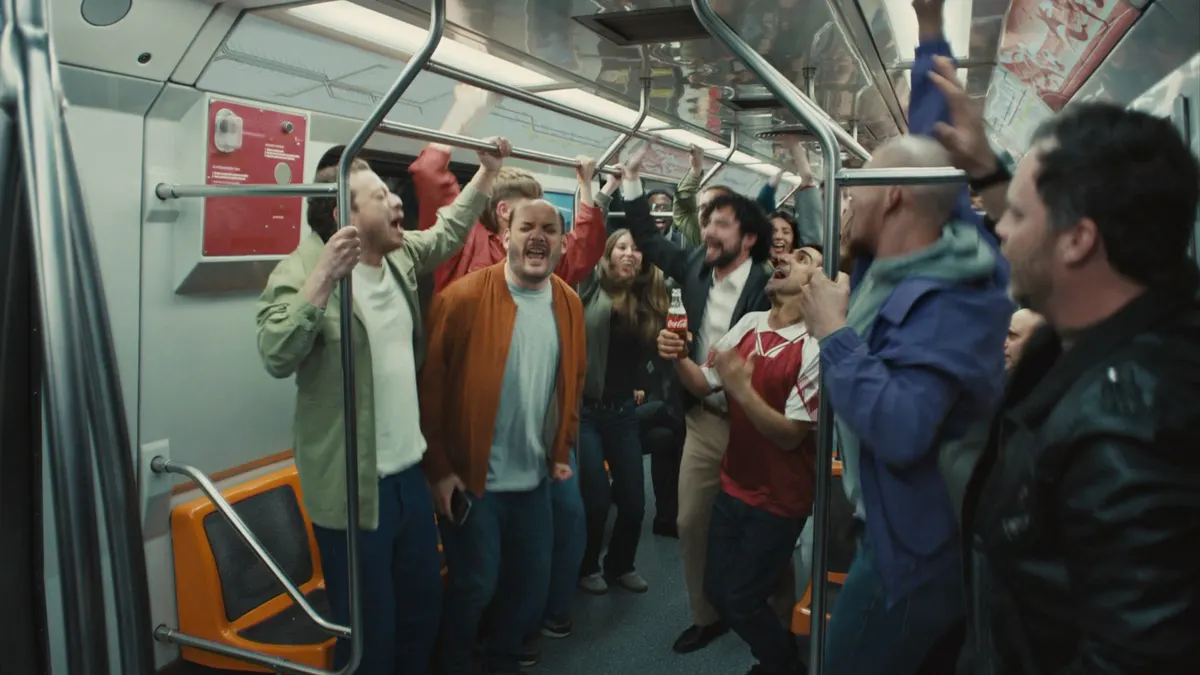For the past three years, Unilever has pledged to eliminate biased portraits of consumers in its marketing and help the broader advertising and media world do the same. The ongoing initiative, which the packaged goods giant dubs Unstereotype, has earned attention at a time when politics continues to bleed into the industry and the calls for purposeful brands grow louder. The question the company recently sought to answer was: Could DNA analysis take these efforts even further?
Unilever sees a clear business case for pursuing this social cause. Research conducted by Kantar Milward Brown — part of a new Unstereotype Report Card shared with Marketing Dive — reveals the approach can drive 37% greater branded impact, a 28% lift in purchase intent and a 35% uptick in consumers' enjoyment of creative. Last year, consumers reviewing Unilever ads in the pre-testing phase rated just 6% as regressive or supporting stereotypes, which led to adjustments before official production, according to the company.
But while the organization behind products like Dove, Knorr and Rexona has scored points for being forward-thinking, it recently turned inward to suss out lingering blind spots that wouldn't necessarily be caught with standard corporate anti-bias training. By adopting a more scientific approach and leveraging DNA analysis in the vein of testing sites like 23andMe and Ancestry.com, Unilever said it was able to not only further break down employees' prejudices by revealing their own origins, but also significantly improve original creative thinking. The marketer worked with Insitome to do the DNA analysis for study participants.
"What's new here is really the methodology," Aline Santos, EVP of global marketing and chief diversity and inclusion officer at Unilever, told Marketing Dive in a phone interview. "We've never done a marketing science experiment as such."
Unlearning bias
For the experiment, one a press release claims is "unprecedented," Unilever partnered with scientists from the University College London (UCL) on a DNA analysis of more than 60 internal marketing executives and top agency partners. The marketers worked across 12 company brands in offices in New York, London and Rotterdam. Each participant opted to provide a DNA sample and take a test gauging their degree of existing bias, including through writing descriptions of consumers based on quantitative data.
"We used some behavioral psychologists to help us co-create an approach that would be intriguing and effective with marketers," Santos said. "We wanted them to have a very personalized way to be surprised about themselves."
Unilever then hosted a workshop wherein UCL academics educated marketers on how unconscious bias forms in the brain and how it can be broken down, with a follow-up test measuring the degree to which participants' perceptions changed.
Findings from the study, presented today at the Cannes Lions International Festival of Creativity in Cannes, France, indicate that the approach worked. Unilever claims the experiment drove a 35% reduction in unconscious bias among participants and a 27% shift in original thinking when it comes to portrayals of consumers.
"Taking people on a journey through their own DNA profile created a moment of reappraisal and, in many cases, that realisation of their ancestry proved to be a great surprise to them," Lasana Harris, an associate professor in experimental psychology at UCL and one of the stewards of the study, said in a statement. "Coupled with training on how the brain forms stereotypes, we challenged their perceptions of themselves and, in turn, that of others."
The rigor of the DNA analysis and ensuing training intended to reinforce that Unilever is not treating D&I as a box to tick off on the broader corporate agenda, according to Santos.
"This is not a superficial conversation," Santos said. “This is not something that we're taking lightly."
A human touch
The Unstereotype experiment is a twist on a trend that has been building more broadly of using DNA analysis and other bodily information as a marketing tool. While a number of marketers have leveraged such data to create more personalized consumer products and services, Unilever considered a different application.
Beyond providing another source of data for Unilever to consider in its Unstereotype push, Santos said the effort is a bid to put a bigger focus on the human, empathetic factors that can lead to great marketing. A video the brand created captures the surprise of Unilever and agency employees as they find out aspects of their heritage, including previously unknown Jewish and Asian roots, and excitedly share them with colleagues and family members.
"We are not saying we found the solution [to unconscious bias], what we are saying is … this experiment that we've done resulted in very significant, important changes," Santos said. "What it's telling us is that people can unlearn all the stereotypical thinking that they have and the biases that they have."






